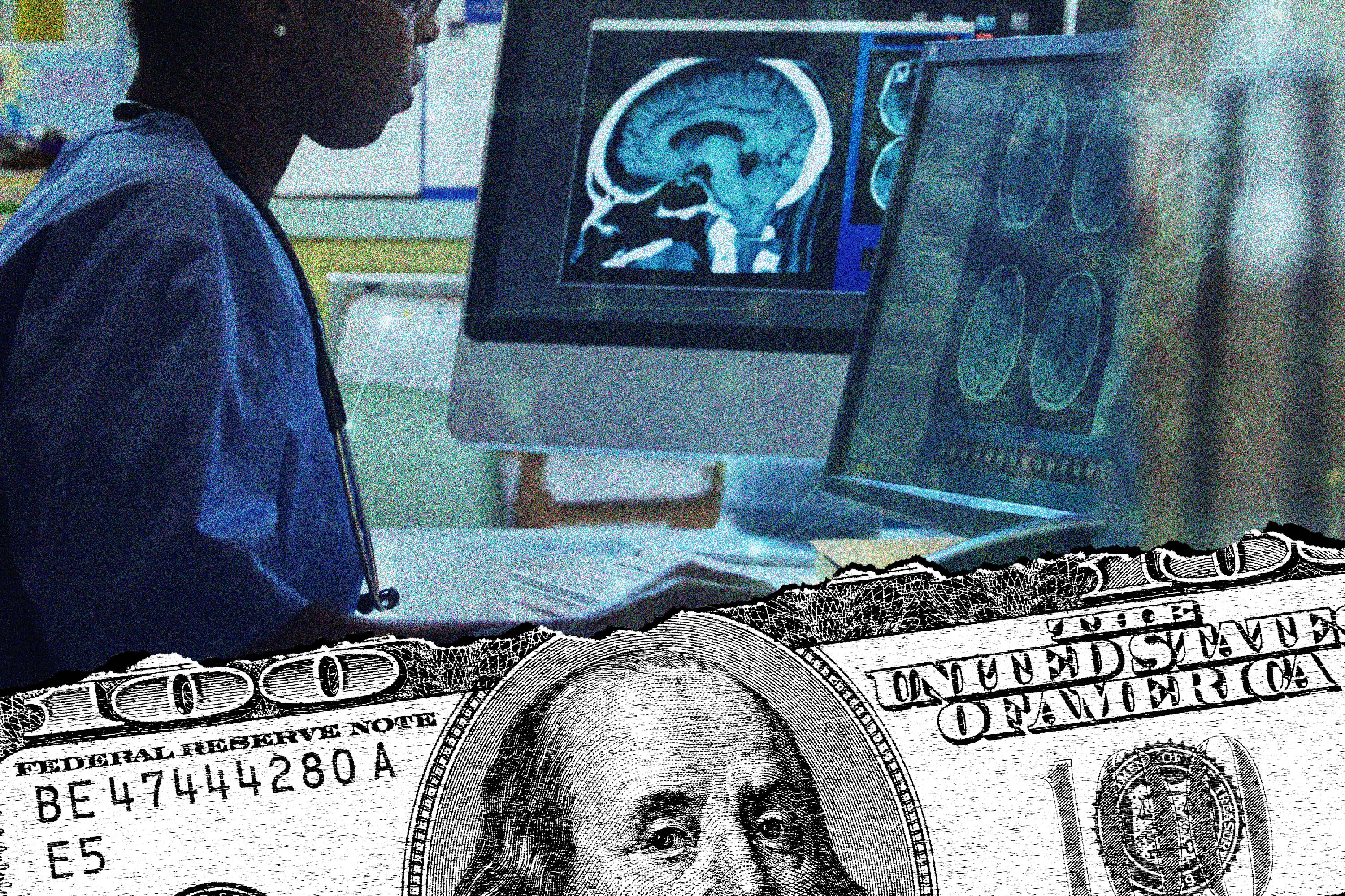“Even in the best case, the models had a 35% error rate,” said Stanford’s Shah
So, when the AI makes a critical error and you die, who do you sue for malpractice?
The doctor for not catching the error? The hospital for selecting the AI that made a mistake? The AI company that made the buggy slop?
(Kidding, I know the real answer is that you’re already dead and your family will get a coupon good for $3.00 off a sandwich at the hospital cafeteria.)
“AIs are people” will probably be the next conservative rallying cry. That will shield them from all legal repercussions aside from wrist-slaps just like corporations in general.
Cool, so they are entitled to wages and labor protections, then.
“Not like that!”
So, when the AI makes a critical error and you die, who do you sue for malpractice?
well see that is the technology, it is a legal lockpick for mass murderers to escape the consequences of knowingly condemning tens of thousands of innocent people to death for a pathetic hoarding of wealth.
Guess what!
When accuracy matters, the labor cost of babysitting the LLM’s output is the same as doing the work yourself. That’s before you even consider having to unfuck it after it paints itself into a corner and ruins its own model.
I hope those employees work really really slowly.
I feel like any AI tool that’s being sold as saving you money just won’t do that. Some of the ones that sell improved detection rates might.
AI that works as a tool designed to be used by an existing or new professional to augment their abilities works as well as any other tool. An ultrasound doesn’t save you money except in the abstract of being more freely usable than x-ray allowing for more checks with less equipment.
A tool that highlights concerning areas on a mammogram isn’t replacing a person anymore than the existing tools that highlight concerning heart rhythms.Trying to get llms to replace people, particularly when it comes to trying to explain the content of a potentially technical medical discussion is just not going to be reliable.




